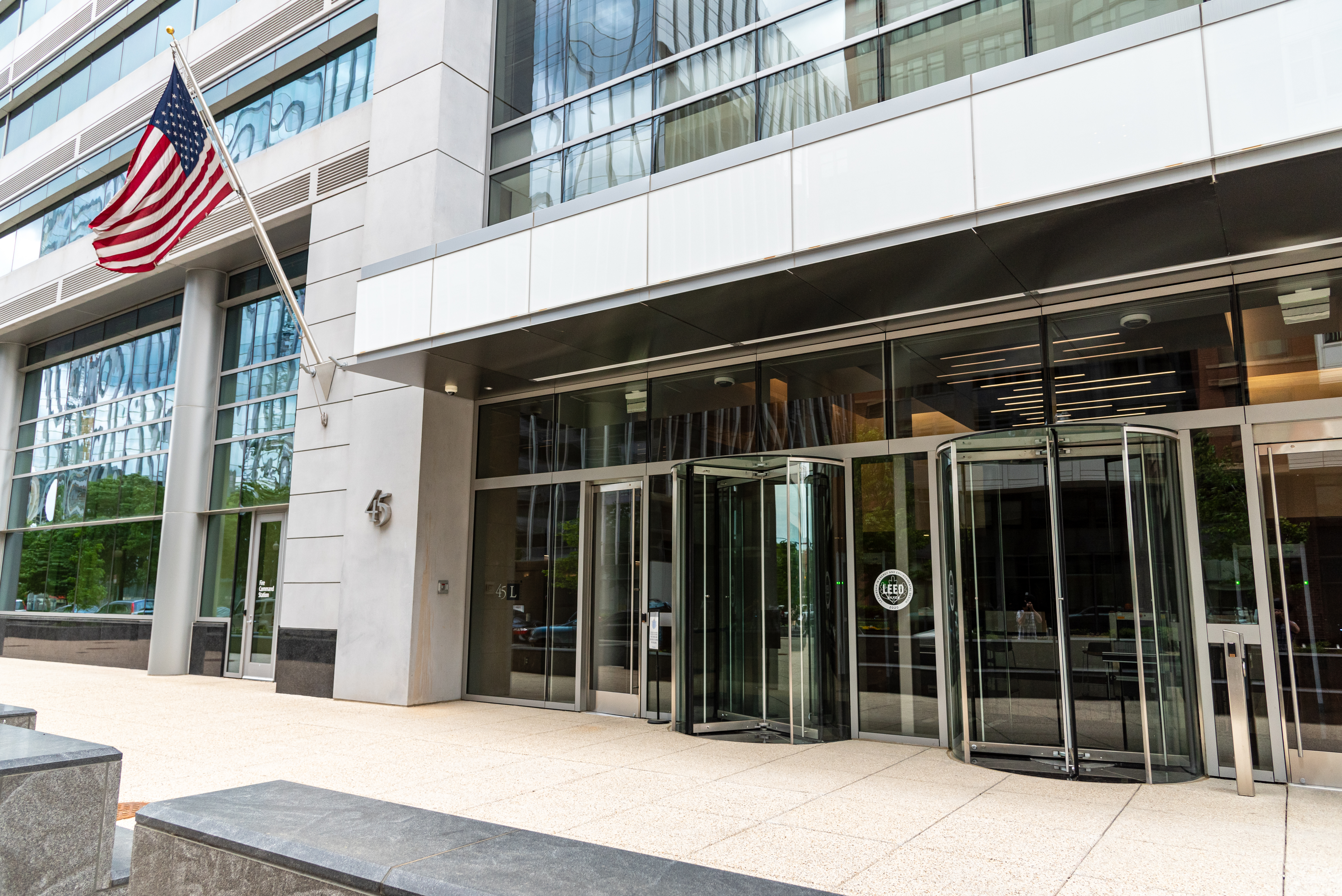EBU calls for single digital Europe
Europe needs closer integration over digital broadcasting almost as much as it does over finance, according to various stakeholders including regulators, operators and industry standards bodies. The European Broadcast Union (EBU) has called for the establishment of a European digital passport enabling collective licensing across the continent, making it easier to provide universal access for content with broad appeal.
The EBU argued that European rights policies should be founded as much on social as on commercial and financial considerations, yielding a more balanced approach between the various key parties, that is content owners, broadcasters, distributors, consumer electronics vendors and consumers. This view was backed up earlier this month at a public hearing organised by the European Parliament's Committee on Culture and Education. The committee chairwoman, Doris Pack, a Member of the European Parliament (MEP), emphasized the importance of digitisation for the preservation, protection and availability of European cultural heritage. "We often speak about crisis, money and so on, but forget about culture," she said.
Giacomo Mazzone, who is in charge of member relations for southern European and Mediterranean countries at the EBU, argued that increases in nonlinear viewing meant that copyright should now be exercised via collective means, effectively via a European Digital Passport. This is not to be confused with the European Digital Passport project, developing a new generation of digital passports comprising a traditional booklet with an embedded high-capacity microcontroller containing and processing the holder's personal and biometric data.
The EBU has been increasingly critical of the digital rights status quo in Europe, almost arguing that it is a new kind of Iron Curtain 20 years after the removal of the real one that split Europe from the end of the second World War until 1990. With consumers so often unable to access digital content legitimately, they resort to illegal file sharing, just as happened earlier for music. ISPs have been forced to become unwilling gatekeepers of a digital estate of which they may not approve, oddly with surveillance techniques to detect illegal file sharing that members of the old European eastern bloc would have been proud of. This at least is the view of Rene Summer, Director of Government and Industry Relations at Ericsson. It is not so far from the EBU's position either, and is not a view for that matter confined to Europe. However the current restrictive practices over content rights allocations do particularly conflict with the European dream of free movement of goods, services and capital.
Get the TV Tech Newsletter
The professional video industry's #1 source for news, trends and product and tech information. Sign up below.
